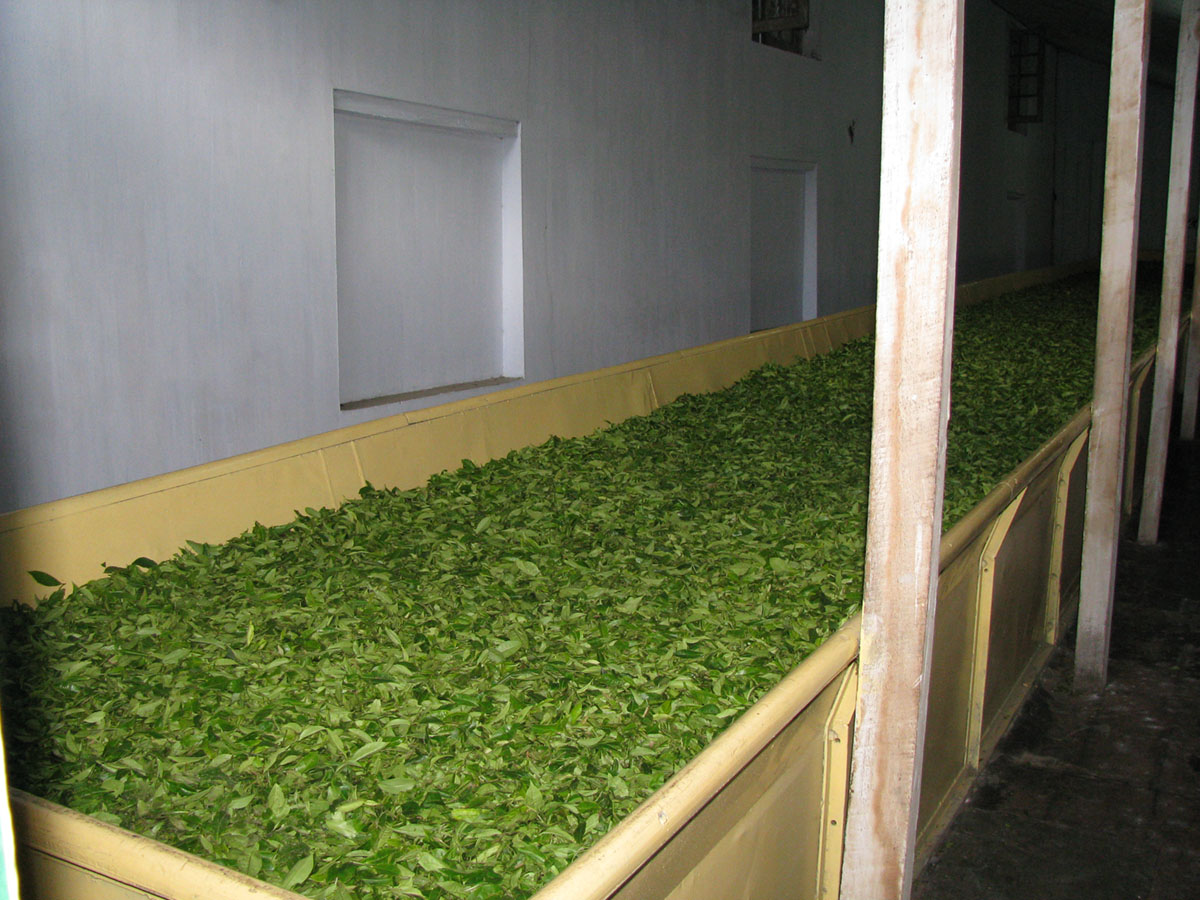
Caffeine in pregnancy
Lots of women have doubts on whether they should consume caffeine rich products during pregnancy. Experts agree that both pregnant women and women trying to get pregnant should exclude caffeine from the diet or at least consume lesser portions of it. However, there is still no strong proof on how caffeine affects pregnancy.
Some researches claim that women should not intake more than 200 mg of caffeine per day. A greater amount doubles the chance of miscarriage in comparison to those women who do not consume coffee.
However, there are also some studies which do not show the connection between caffeine consumption and a greater risk of miscarriage but it is best if women do not take large quantities of caffeine during pregnancy. It is probably best to exclude the coffee altogether but not all women can do that.
Are there other risks beside miscarriage?
A research in Denmark showed that women who drink a lot of coffee have twice as much chance of stillbirth than women who do not drink coffee. There were also some studies that claim that caffeine consumption reduces the baby's weight. In some other research, children of women who drank more than 500 mg of caffeine during pregnancy had a faster heart rate and slept less in the first couple of days after being born.
There is one thing that all experts agree to be true and that is that women will feel a lot better if they do not consume large amounts of caffeine. There are lots of problems that too much caffeine can cause, like insomnia and faster heart rate for instance. Too much coffee and tea affects a woman's ability to absorb iron.
Which foods and beverages contain coffee?



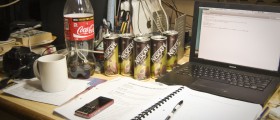

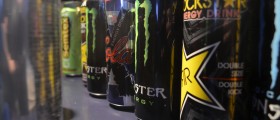


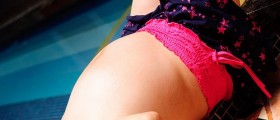



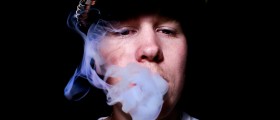
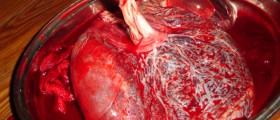
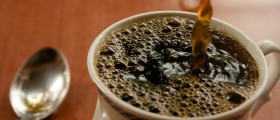

Your thoughts on this
Loading...